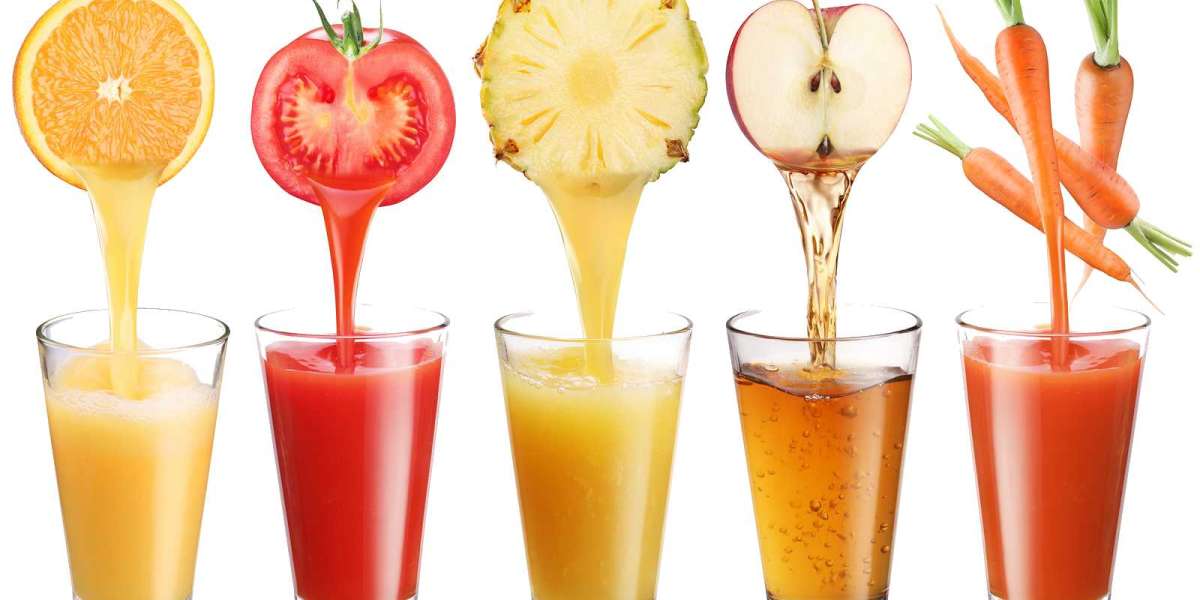This post highlights ingredients that may be included in your plant-based products that might be FDA approved but still harmful.
Welcome to another Healthy=Wealthy part 2 of Got Milk post. The initial Got Milk post provided recommendations for cow or goat milk substitute such as plant-based milk. In conducting Acts of Commission (trial an error), I noticed health issues with some of the products. This compelled me to do a deep dive into the ingredients that are included in some plant-based products that rendered me feeling a little sluggish last week.
Today's post highlights some ingredients every plant-based milk product should not include such as carrageenan, xanthan gum, lecithin, glyphosate, gluten, and GMO. While some of the above ingredients are used to emulsify, others bind, and/or is used as a thicken agent. Today we will explore at least 4 of the ingredients that you might not be familiar with.
1. Carrageenan
Carrageenan is a food additive made from red seaweed that’s often used in almond milk and other plant-based milks as a thickener, emulsifier or stabilizer. One reason manufacturer's elect to substitute with carrageenan is that it's plant-based whereas gelatin (swine by-product) and other are made from animal products.
There are 2 forms of carrageenan: food grade (undegraded) and degraded.
Studies show that the FDA approved undegraded carrageenan has side effects like inflammation, bloating, irritable bowel syndrome, intestinal ulcers and other gastrointestinal problems. Of course it would! I wonder why the FDA believes that such side effects are ok? Just saying, you be the judge.
GUM
Not chewing gum but a thickening agent identified from cosmetic, salad dressings, gluten free goods, to ice cream; xanthan gum is fermented corn sugar with a bacterium. GUM can be used also as a binder and emulsifier. A binder holds ingredients together and an emulsifier blends those that would otherwise remain separate, such as oil and vinegar. Good news! GUM can be substituted for chia seeds and water as well as flaxseeds and water.
LECITHIN
Lecithin is a naturally occurring substance derived from several sources, including egg yolks, soybeans, sunflower, canola, corn, cottonseed, or animal fats. Lecithin is a multi-purpose ingredient that is often used as an emulsifier in foods, but it can also be used as an antioxidant and flavor protector. While there are some proven benefits naturally consumed through food, Lecithin consumed through supplements or as a by-product has its disadvantages. For example, using a plant-based milk with lecithin can promote high cholesterol. According to some research, canola oil is used to extract the ingredient lecithin for some plant-based milk. Let's think about this. Are you cooking with Canola oil? Your answer should be emphatically no. Then why would you purchase a milk product that uses Canola oil? Hmmmm!!!! If your cholesterol number is beyond 200, then it is not the best option. A healthier choice to consume lecithin maybe through egg.
GLYSOPHATE
According to the Oxford dictionary glysophate is a synthetic compound which is a nonselective systemic herbicide, particularly effective against perennial weeds (aka WEED KILLER). According to some toxicology studies, glysophate has been linked to tumors in mice, damage to human cells, decrease gene expression in the eye, fore and midbrain regions, cause damage to sperm membran and DNA, male fertility, brain impairment, and central nervous system to name a few. Bottomline, Babylon's land is festered with toxins that harms the human machine. Try to avoid foods that contain glysophate as much as possible (though that might be everything).
Problem-it's the state of Babylon globally.
Recommendation
1. attempt to reduce consumption of the above ingredients from our daily intake,
2. grow your plants if possible
3. shop locally at an organic farm (you may have to pay for quality)
4. read your labels more cautiously (it's always the fine print), and
5. detoxic
Illustrated picture is taken from the back of a plant-based product brand KIKI milk. KIKI milk can be purchased through THRIVE online store (equivalent to a Whole Foods). I hope Healthy=Wealthy posts can assist you in making informed decisions.
The More you Know, the More you Grow
#healthy=wealthy #themoreyouknow #gotmilk #plantbasedmilk #groworganic
Shalom
Sis CeeCee















android23 3 Jahre
Wow